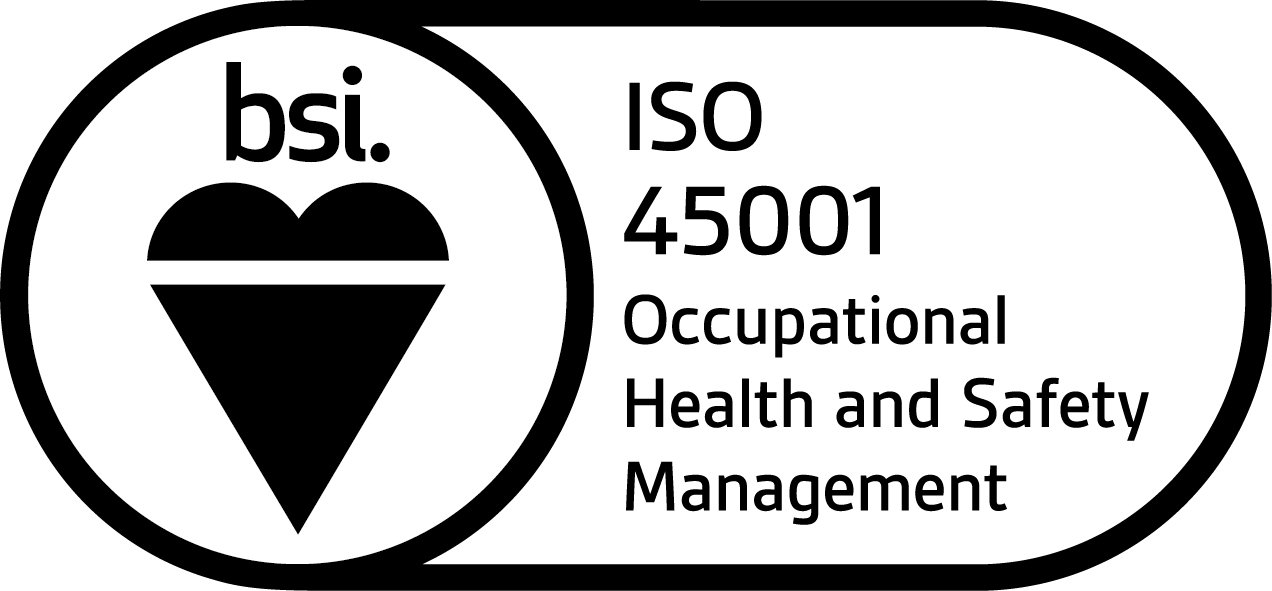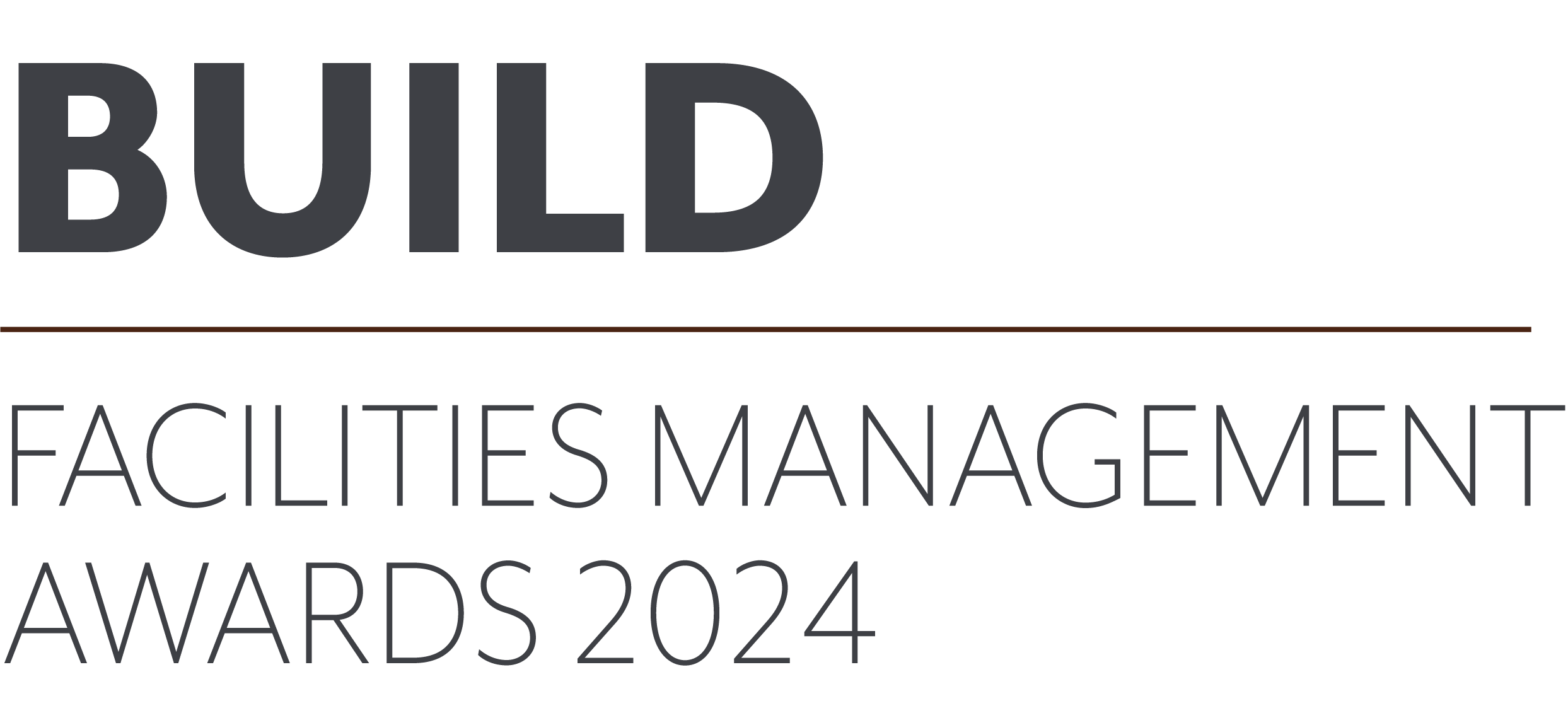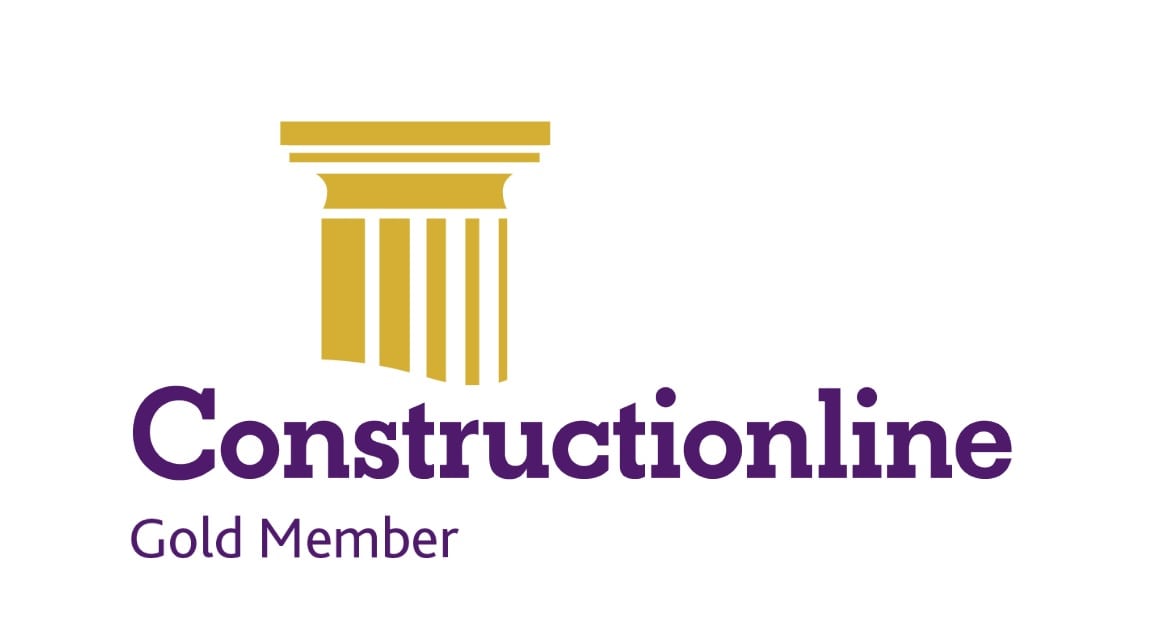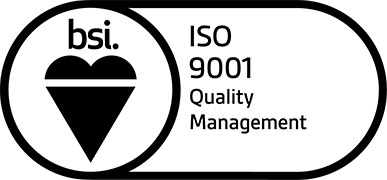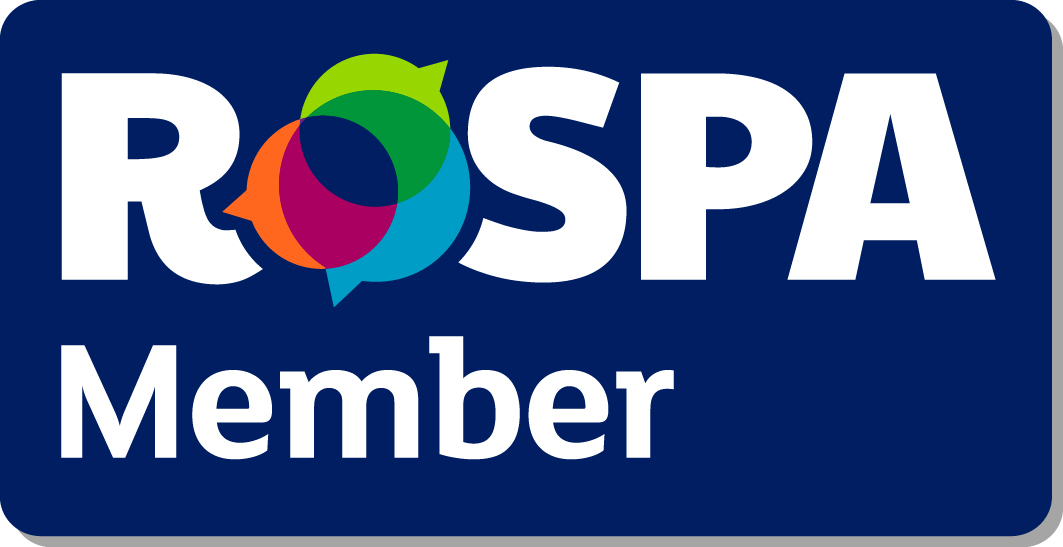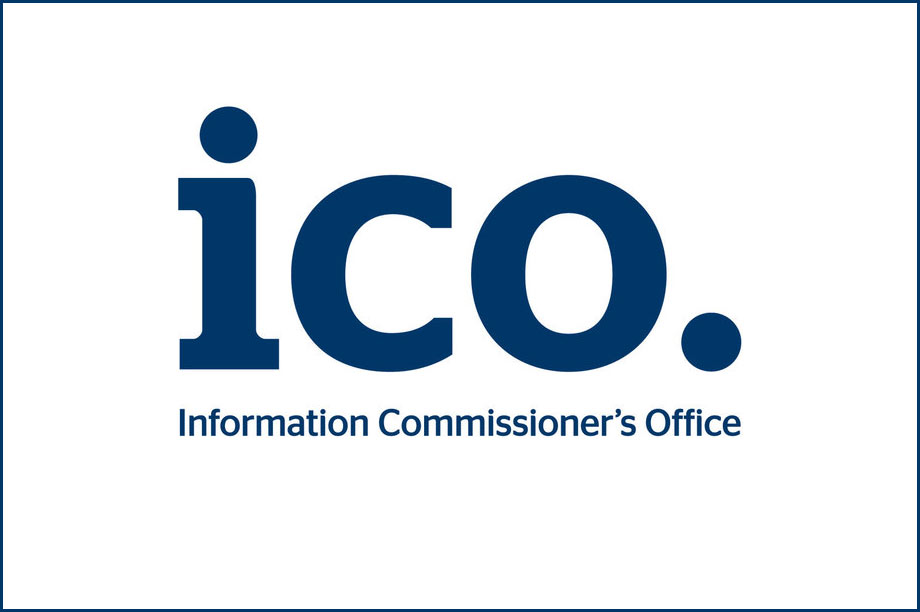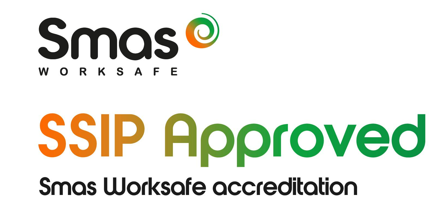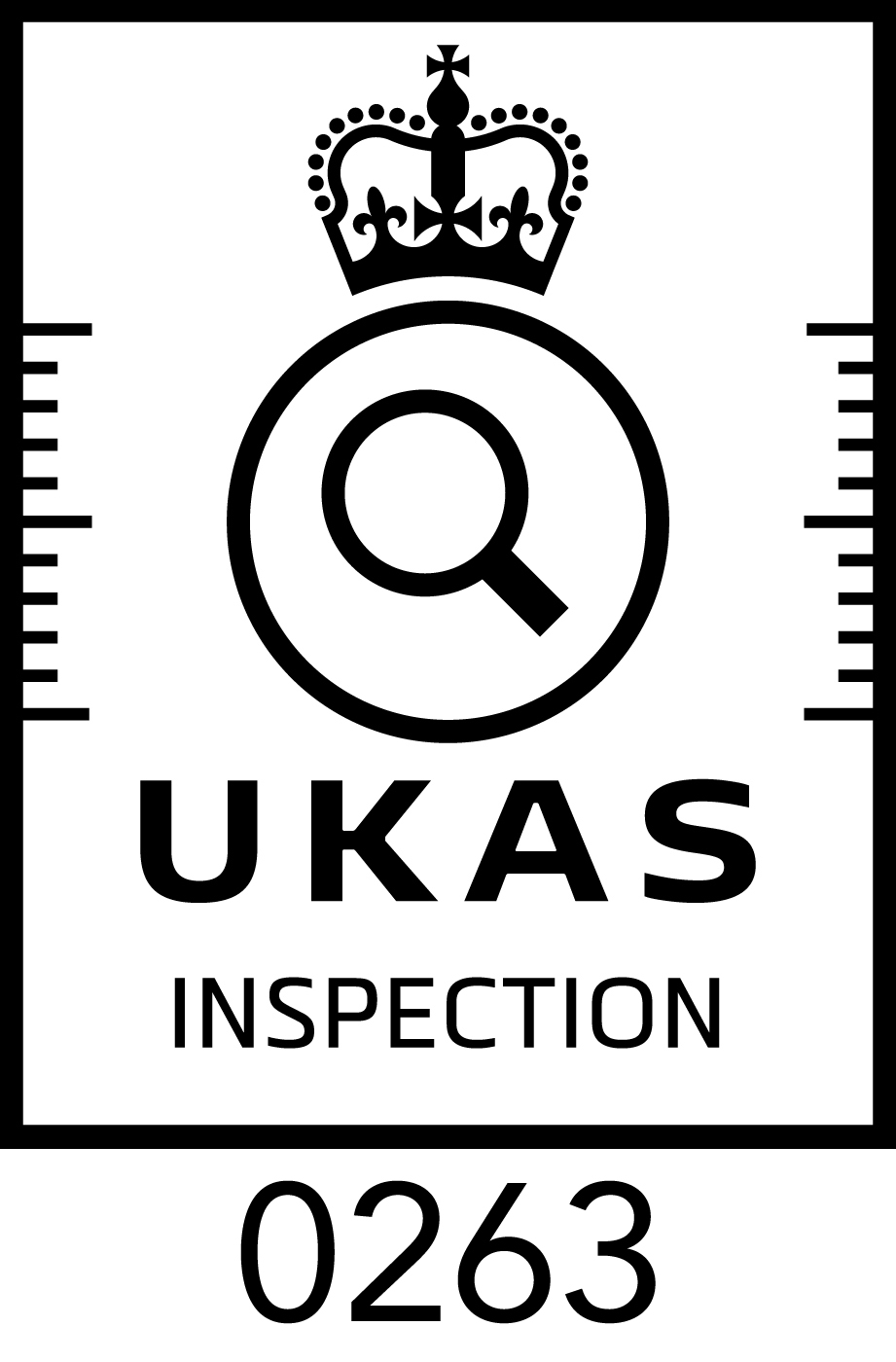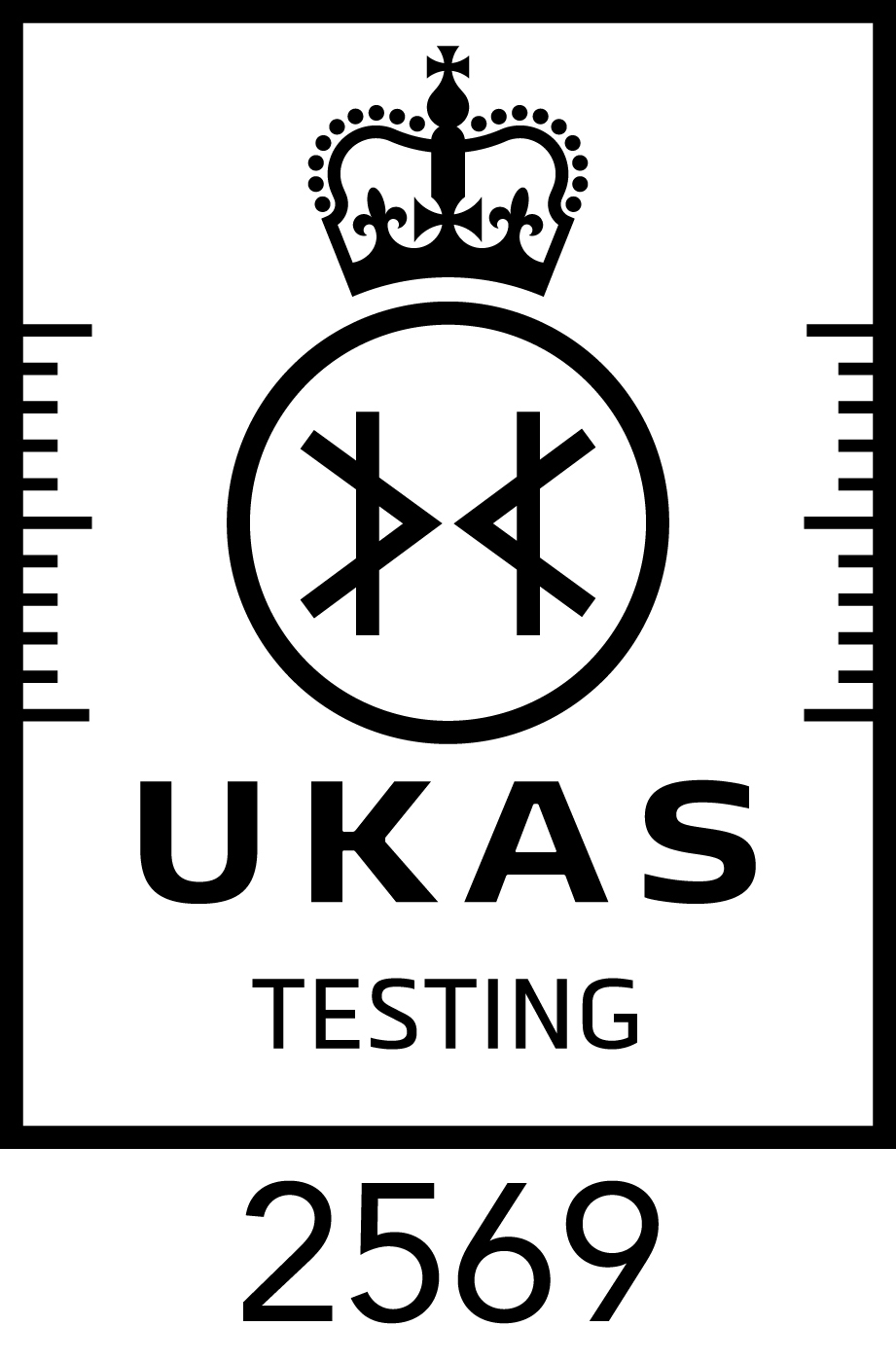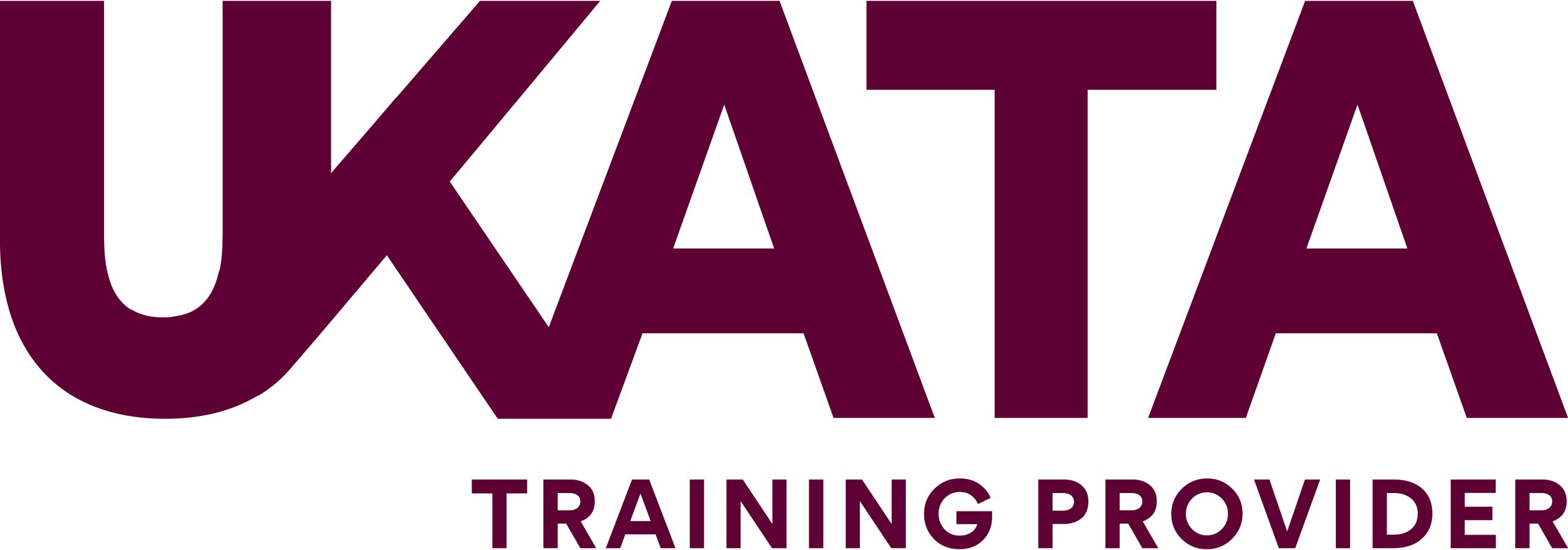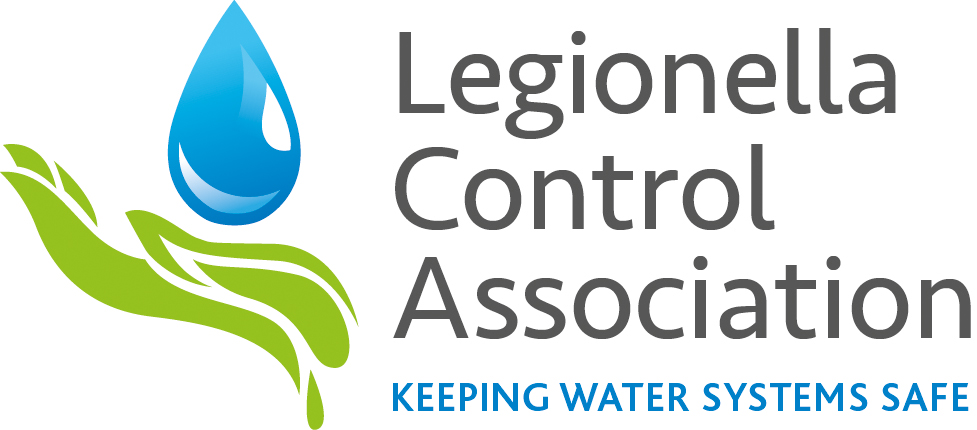Protecting people and planet
Protecting people and planet
Protecting people and planet
Protecting people and planet
Protecting people and planet
Asbestos Management Plans: Safeguarding Your Property and Reputation

Lucion Group
26th July, 2023
In July 2023, the Health and Safety Executive published their report, Management of Asbestos in School Buildings 2022/23. The report presents a comprehensive overview of HSE's program involving 421 inspections in schools across Great Britain during 2022/23. The main objective was to assess how schools are fulfilling their legal responsibilities in effectively managing asbestos.
Overall, the majority of schools demonstrated effective asbestos management on their premises. However, 7% exhibited significant deficiencies in their systems, necessitating enforcement actions to rectify the issues.
The report highlights common areas requiring improvement, which include the necessity for schools to possess up-to-date surveys that clearly indicate the location of all asbestos-containing materials (ACMs) within their buildings.
Moreover, it emphasises the importance of having a well-structured asbestos management plan in place, explicitly outlining roles, responsibilities, and timelines for actions. Regularly scheduled checks to monitor the condition of asbestos-containing materials are also vital components of a robust management plan for schools.
Following the report, Chris Wood, Technical Consultant for Lucion Services, the UK’s market-leading asbestos management company, has taken the opportunity to reiterate the importance of an effective asbestos management plan to effectively safeguard your property and reputation.
Whether you currently oversee asbestos in your property/assets or plan to carry out construction or renovation work, it is crucial to assess all asbestos-related risks, including identification and management processes. Having an accurate and up-to-date Asbestos Management Plan is of utmost importance.
An Asbestos Management Plan (AMP) is a written document outlining how you, as the duty holder, will handle asbestos risks within non-domestic premises constructed before 2000. The plan builds upon the findings of your asbestos management survey. Complying with Regulation 4 of the Control of Asbestos Regulations 2012, AMPs are mandatory for all workplaces constructed before the year 2000.
Within the AMP, you'll find information on how you intend to control asbestos exposure within the building, ensuring it remains below the control limit and at the lowest practical level. The plan includes details about your future plans, action plans (timelines), Safe Systems of Work (SSoW), management structure, and more. Its purpose is to establish a comprehensive approach to managing asbestos risks from inception to completion. The AMP is designed to be a dynamic document, continuously updated as the building or organisation evolves, and serves as a clear means of communication with all relevant stakeholders, ensuring they have the necessary information and training to manage the process effectively.
Having a comprehensive yet concise AMP fosters seamless cooperation and understanding among all involved parties. An effective AMP is a fundamental step in safeguarding not only the well-being of workers and individuals but also the reputation of the organisation.
Below are 10 key things to include in your Asbestos Management Plan.
1. Introduction to the Management of Asbestos
The introduction of the plan should be concise and provide an overview of the company and sites for which the plan has been developed for.
This section should also include detail of the main areas of legislation to which the plan applies to such as The Health & Safety at Work etc Act 1974 (HSW), The Control of Asbestos Regulations 2012 & The Construction (Design & Management) Regulations 2015.
The plan should be created with the reader in mind.
2. Roles and Responsibilities for Asbestos Management
This section will outline the roles and responsibilities of all those concerned with the management of asbestos within the organisation. I.e Duty Holder, Responsible Persons, Managers who have a responsibility to ensure their staff are aware of the plan and comply with requirements of the plan, maintenance operatives and general contractors.
3. Action Plan
This section should detail what steps should be undertaken to achieve the goal of effective asbestos management and should consist of short-term, medium-term, long term and ongoing actions.
4. Asbestos Records
The section is intended to summarise what information is held and how it is accessed. This may include for example Asbestos registers, training records, approved contractors, records of incidents and the asbestos management plan itself.
5. Dissemination of Management Plan Information to Maintenance Operatives and Contractors
This section sets about how and when maintenance operatives and contractors are provided with the asbestos management plan in order to prepare before works commence through to actions to take whilst on site.
6. Ongoing Assessment of Asbestos
This section details the measures in place to periodically assess any suspected or known ACMs. I.e. annual reinspection surveys.
7. Training and Induction
Different training and induction will be required for different building users; the purpose of this section is to detail how all relevant personnel will be provided with the skills and knowledge necessary to understand the hazards and risks involved when working in or near an area where asbestos has been identified. A training needs analysis can be undertaken to ensure individuals are provided with a level of asbestos training appropriate to their role.
8. Safe Systems of Work
A safe system of work is a procedure or adopted policy which should always be followed to ensure that the relevant precautions are taken and that no one is exposed to asbestos during the course of their work. Often flowcharts can be included as a visual aid to summarise the steps taken.
9. Monitoring and Review of the Asbestos Management Plan
Regular review of the AMP is essential, particularly when there are modifications to the building or asset, including any changes related to asbestos. Assessing the plan's effectiveness and implemented processes will provide valuable insights into necessary amendments to better address asbestos risks.
The plan should be reviewed at a minimum every 12 months, furthermore, reassessing the plan during business and organisational changes is crucial to avoid accumulating unreliable and inadequate documentation. If historic asbestos records are utilised to inform the Asbestos Management Plan without a clear trail or timeline, it becomes imperative to scrutinise the reliability of the information being utilised. Taking these proactive measures ensures the continued accuracy and efficacy of the Asbestos Management Plan.
10. Asbestos Incident / Emergency Procedure
Your emergency procedures should include managing an uncontrolled release of asbestos materials into the workplace. Steps should be taken to warn anybody who may be affected, exclude from the area anyone not needed to deal with the release, identify the cause of the uncontrolled release and regain adequate control as soon as possible.
Communication Is King
Communication plays a pivotal role throughout the Asbestos Management Plan, and it is crucial to establish a clear procedure for granting access to the AMP to your team, contractors, and providers. This step is essential in implementing an effective protection strategy. Even if you have compiled a cohesive, user-friendly, and highly informative AMP and asbestos register, their value diminishes if no one knows how to access them digitally or physically, or if contractors are not actively provided with copies.
To ensure the utmost effectiveness of your AMP, make sure it is readily accessible to safeguard your teams, external contractors, and your reputation. In our capacity as your partner, we can guide you on your journey towards a safer environment for your staff and pupils, expertly managing asbestos risks within your estates and exceeding mere compliance by embracing best practices.
About Lucion Group
We are part of the Lucion Group, a purpose-driven organisation committed to addressing challenges and safeguarding people and the environment. With the support of B-Corp-certified Palatine Private Equity, we prioritise sustainable growth.
Through our diverse group of companies, we facilitate sustainable development in 12 sectors worldwide, offering risk mitigation services. At every stage of your asset or building's lifecycle, we provide comprehensive support. From hazardous material testing to health, safety, and environmental consultancy, we empower our clients to make well-informed decisions, driving positive change towards a healthier and sustainable future.
As a Beyond Net Zero company, we take pride in our commitment to international collaboration, being part of the UN Global Compact, and adhering to 10 universal principles for ethical business practices. By choosing to work with Lucion, you can be assured of trusted risk management and a responsible, sustainable approach.
About The Author
With over 17 years of experience within the asbestos industry, Chris Wood is a highly competent member of the Lucion Services team and has significant experience working in all areas of the asbestos consultancy industry, including surveying, sampling, air testing, removal and compliance.
Chris has been heavily involved with notable redevelopment projects providing the scope of work for the refurbishment survey, and developing the scope and specification document for subsequent asbestos removal. Chris has arranged the method for on-site management of the asbestos removal works, including compliance air monitoring and management of the removal contractor, to ensure projects are delivered in line with project requirements and regulations.
Chris has assisted in the management of the tendering process to select the Licensed Asbestos Removal Contractor (LARC) and ensured compliance with HSG 248 guidance by designing a monitoring programme for various projects based on the works being undertaken.
Additionally, Chris provides asbestos awareness, asbestos duty to manage and non-licensed asbestos training and is well-versed in asbestos legislation.
E: info@lucionservices.com
T: 0345 5040 303
Register for IMPACT Bulletin
Don’t miss a beat - get the latest insights and updates from Lucion straight to your inbox.

